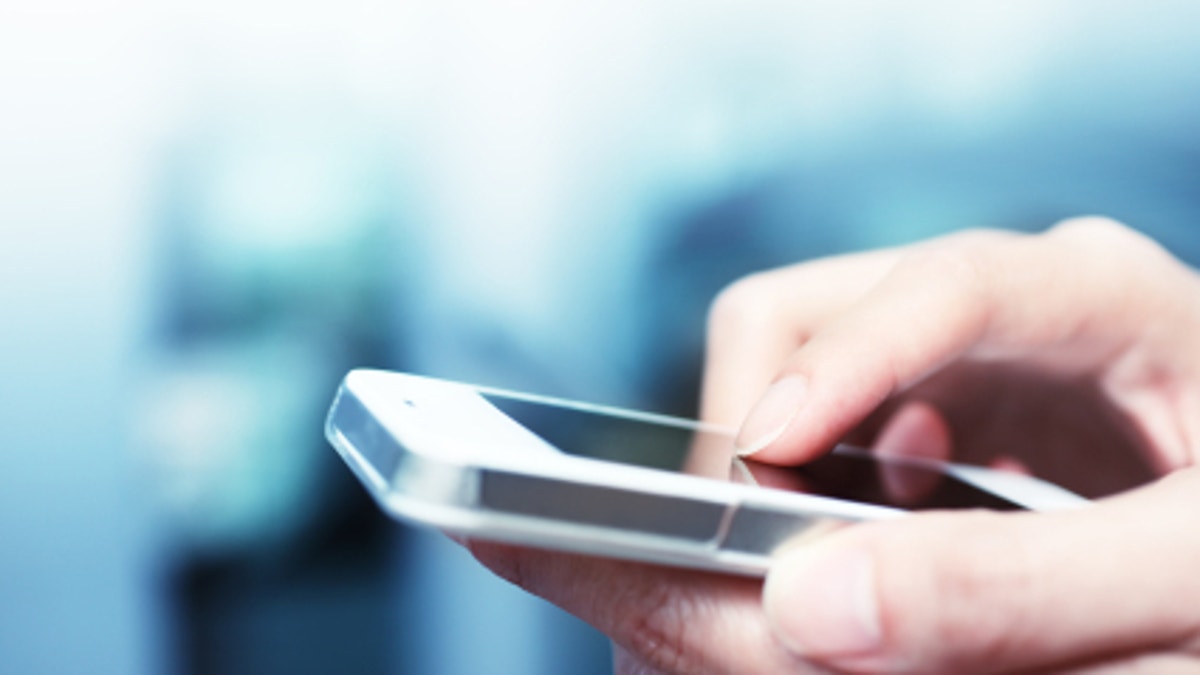
(iStock)
As more people head to bed with smartphones or tablets, there is increasing focus on the so-called blue light the devices emit.
Some research shows the light may disrupt the body’s biological rhythms, including a 2012 study that found reading an iPad for two hours caused a decrease in the hormone melatonin, which makes people feel sleepy. Another study showed that reading on an iPad before bedtime could make it harder to fall asleep.
In recent years, consumer-tech companies have been developing free apps meant to minimize the amount of blue light consumers are exposed to while using their smartphones, tablets and laptops. Apple recently released Night Shift, an app baked into the latest version of iOS that aims to limit the amount of blue light consumers are exposed to at night.
Last year, Amazon released Blue Shade, a feature in the operating system of its Fire tablets, that minimizes emitted blue light. And in 2009, a small startup called f.lux released an app that automatically shifts the light emitted by screens to oranges and reds at night.
While the objective of the products is rooted in years of research showing that blue light disrupts the biological systems that control sleep, how much they actually help is still up for debate, some experts say.








































